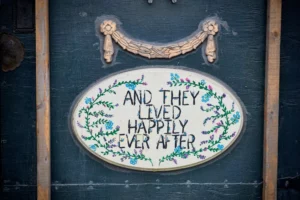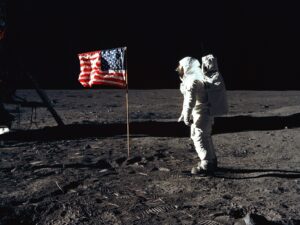I’ve always believed in the call to be stewards of God’s creation, but my ideas were solidified when I heard E. Calvin Beisner speak while a student at Summit Ministries. He was speaking about economics and the environment and I realized part of my duty as steward was to get the facts before falling in line on environmental issues.
That became even more clear when I went to work on Capitol Hill in 1992. It was there that I saw up close the way science and scientific findings can be used for political ends.
Fast forward two decades and I’m here reading tweets from my friend Dr. Russell Moore who’s spent the past six weeks in Biloxi, MS on sabbatical. From the start of his trip, I’ve found it strikingly providential that he was arriving in his boyhood home just as the Gulf coast was bracing for an unprecedented environmental disaster.
And it’s his writing that has clarified my understanding of the spiritual urgency of stewardship. I was particularly challenged by his blog post this week called “Ecological Catastrophe and the Uneasy Evangelical Conscience.” In it he wrote,
As I pass that sign on Highway 90 telling me I’m leaving Biloxi, I can look out behind the water’s horizon and know there’s a Pale Horse there. A massive rupture in the ocean’s floor is gushing oil into the Gulf of Mexico, with plumes of petroleum great enough to threaten to destroy the sea-life there for my lifetime, if not forever. Everything is endangered, from the seafood and tourism industries to the crabs and seagulls on the beach to the churches where I first heard the gospel of Jesus Christ.
Certainly I can understand his emotional response to the BP disaster. But it’s his explanation of why this matters to us, believers who don’t live in Biloxi and surrounding towns and cities, that stopped me cold.
For too long, we evangelical Christians have maintained an uneasy ecological conscience. I include myself in this indictment.
We’ve had an inadequate view of human sin.
Because we believe in free markets, we’ve acted as though this means we should trust corporations to protect the natural resources and habitats. But a laissez-faire view of government regulation of corporations is akin to the youth minister who lets the teenage girl and boy sleep in the same sleeping bag at church camp because he “believes in young people.”
Whoa. What has our hands-off approach to creation gotten us? A liberal left that worships the created rather than the Creator. And that’s not good. Moore writes,
Moreover, we’ve seen some of the theological and ideological fringes in the environmentalist movement, fringes that enabled us to see them as not “with us,” and, frankly, to enable us to make fun of the entire question as a silly enterprise. But perhaps the void is being filled by leftists and liberals and wannabe liberal evangelicals simply because those who ought to know better are off doing something else.
I didn’t realize, until now, how acute is the need for believers to take our responsibility to care for God’s creation seriously.
We’ve had an inadequate view of human life and culture.
What is being threatened in the Gulf states isn’t just seafood or tourism or beach views. What’s being threatened is a culture…. When the natural environment is used up, unsustainable for future generations, cultures die.
And that hurts everyone. Moore says,
What’s left in the place of these cultures and traditions is an individualism that is defined simply by the appetites for sex, violence, and piling up stuff. That’s not conservative, and it certainly isn’t Christian.
We must think biblically about, and act biblically toward, the world around us — every aspect of that world. Our failure to do so is devastating.











